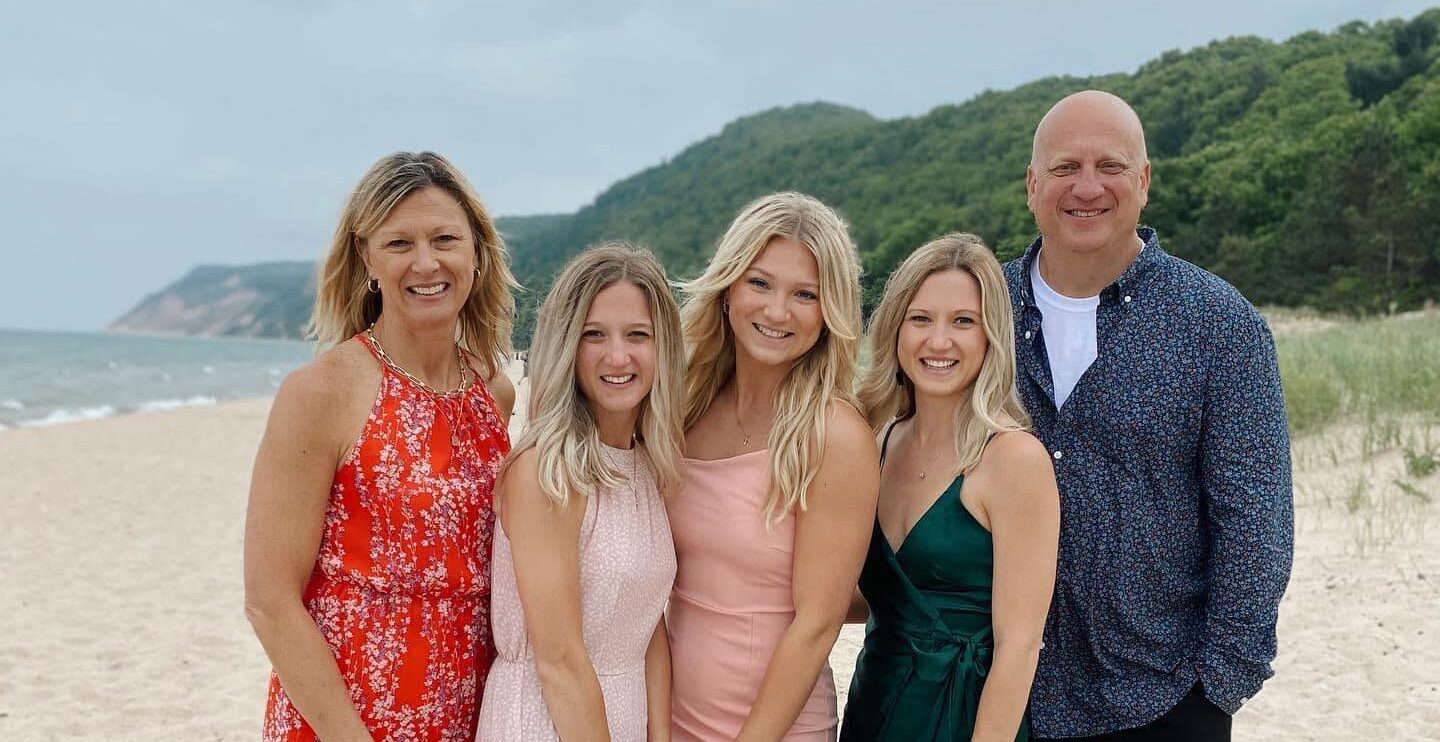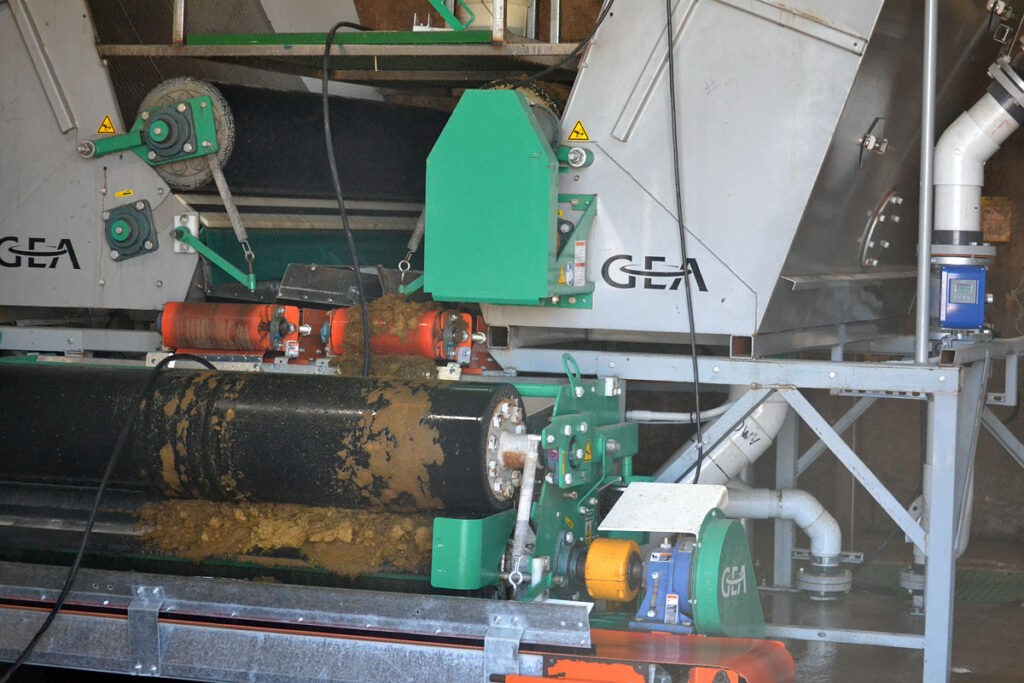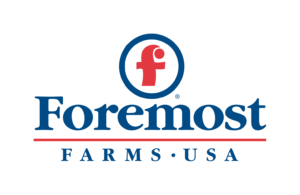
Jay Binversie, owner of Robinway Dairy in Kiel, Wisc., is passionate about doing great things with dairy farming. When Jay was a freshman in high school, his father, Bob Binversie, owner of the farm at that time, took Jay to California where they visited a dairy farm. Young Jay was inspired by the efficiency and productivity of the farm. His mind was flooded with ideas for improvements of their then 200-cow operation. “Seeing that farm got me excited about running a dairy farm and doing it differently,” said Jay.
Before Jay and his wife Pam expanded Robinway Dairy to its current 1,850-cow operation, they needed to incorporate a manure management system. “I wanted to find a way to clean up our flush water and get rid of waste and not have to haul so much liquid,” said Jay. The unique manure management solution he opted for is called the Livestock Waste Removal System (LWRS).
The LWRS removes the organic components from the manure and results in clean, drinkable water to be reused for washing alleys and other applications. The other end-products are a high-nitrogen concentrate with no phosphorous and a high-phosphorous sludge product of organic material, which the Binversies convert into their own brand of fertilizer called “Bucky Organics.”

The benefit of the LWRS is multi-faceted, eliminating the need for manure storage, creating products that can be thoughtfully spread on fields depending on the need for phosphorous or nitrogen and recycling water. Starting this year, leftover biproducts from the LWRS will be sent to a digester to be converted into energy.
Robinway Dairy will soon be participating in a 15-week study to evaluate the effectiveness of the LWRS. With funds from the Resources Conservation Service’s (NRCS’s) Conservation Innovation Grant (CIG) Program and in partnership with University of Wisconsin-Oshkosh, the study serves to inform members about the environmental benefits of the system and will help prioritize technologies and practices in the future. “Newtrient selected Robinway Dairy because they are a leader in environmental innovation and have been successfully operating the LWR system on their farm for years to conserve water and recycle nutrients,” said Jamie Vander Molen Boehl, Vice President of Sustainability Initiatives and Outreach at Newtrient.
The unique challenges of farming keep Jay motivated for each new day of work.
“There are always new problems, and there’s always something you can do to make it better,” said Jay.
In 2007, a change was implemented to improve milk quality. “The best thing we ever did was switch to sand bedding.” The sand bedding can be recycled, drained, dried and heated to 212 degrees Fahrenheit, killing harmful microbes. This helps maintain healthy mammary systems in the cows and therefore higher quality milk, as indicated by the low somatic cell count of about 95,000 cells per milliliter in the milk at the farm. “If you’re under 150,000 cells per milliliter, you’ve got a really good quality milk,” said Jay.
Jay believes in maximizing milk production by ensuring routine and comfort for his herd. His cows are milked in a double-24 parallel parlor and housed in barns with tunnel ventilation or rows of fans to ensure air flow and cleanliness. “The more comfortable the cow, the more milk you get,” said Jay.
All of the farm’s 33 employees started out milking. “That way, everyone understands the importance of the farm,” said Jay. Depending on the individual’s skills or interests, different steps are taken to help them into leadership roles such as partial manager. “I really have a good farm team,” said Jay.
Robinway Dairy keeps an online presence on Facebook, partly because it’s beneficial for the current and prospective employees, but also because Jay likes to keep the broader local community updated. “I always try to let the community know all the positive things we’re doing on our farm,” said Jay. When he’s not farming, you might find Jay under the Friday night lights coaching football. “It’s really been satisfying helping these young boys grow into good community guys.”
Foremost Farms Field Representative Brian Ulness helps the farm recognize the benefits of being in the cooperative by connecting them with services, keeping them informed about developments in the industry, and providing information and assistance that all member-owners need to produce their high-quality milk.
